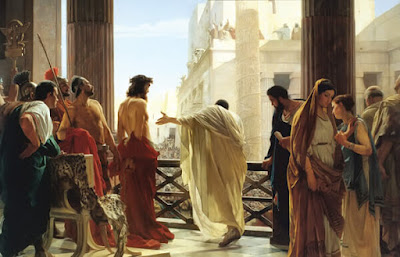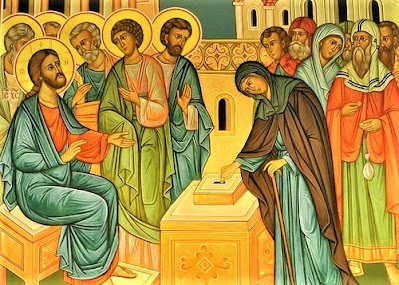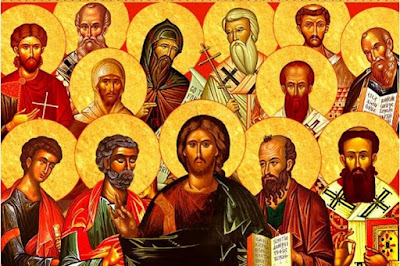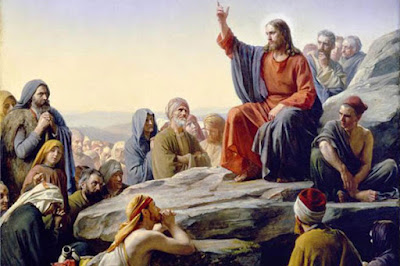The Solemnity of Christ the King | 2021
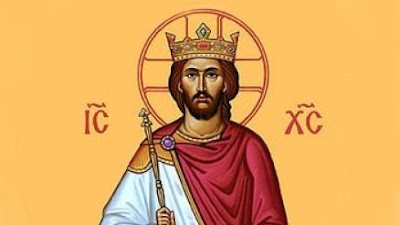
November 21, 2021 The Solemnity of Our Lord Jesus Christ, King of the Universe, formerly referred to as "Christ the King," was established by Pope Pius XI in 1925 as an antidote to secularism, a way of life which leaves God out of man's thinking and living and organizes his life as if God did not exist. The feast is intended to proclaim in a solemn, striking and effective manner Christ's sovereign royalty and holy reign over individuals, families, causes, ideologies, society, governments, and nations. It is no accident that this solemnity occurs immediately before the beginning of Advent. As Fr. Pius Parsch explains: "With an ever-growing desire, all Advent awaits the 'coming King'; in the chants of the breviary we find repeated again and again the two expressions 'King' and 'is coming.' On Christmas the Church would greet, not the Child of Bethlehem, but the Rex Pacificus — 'the King of peace gloriously reigning.' Withi
